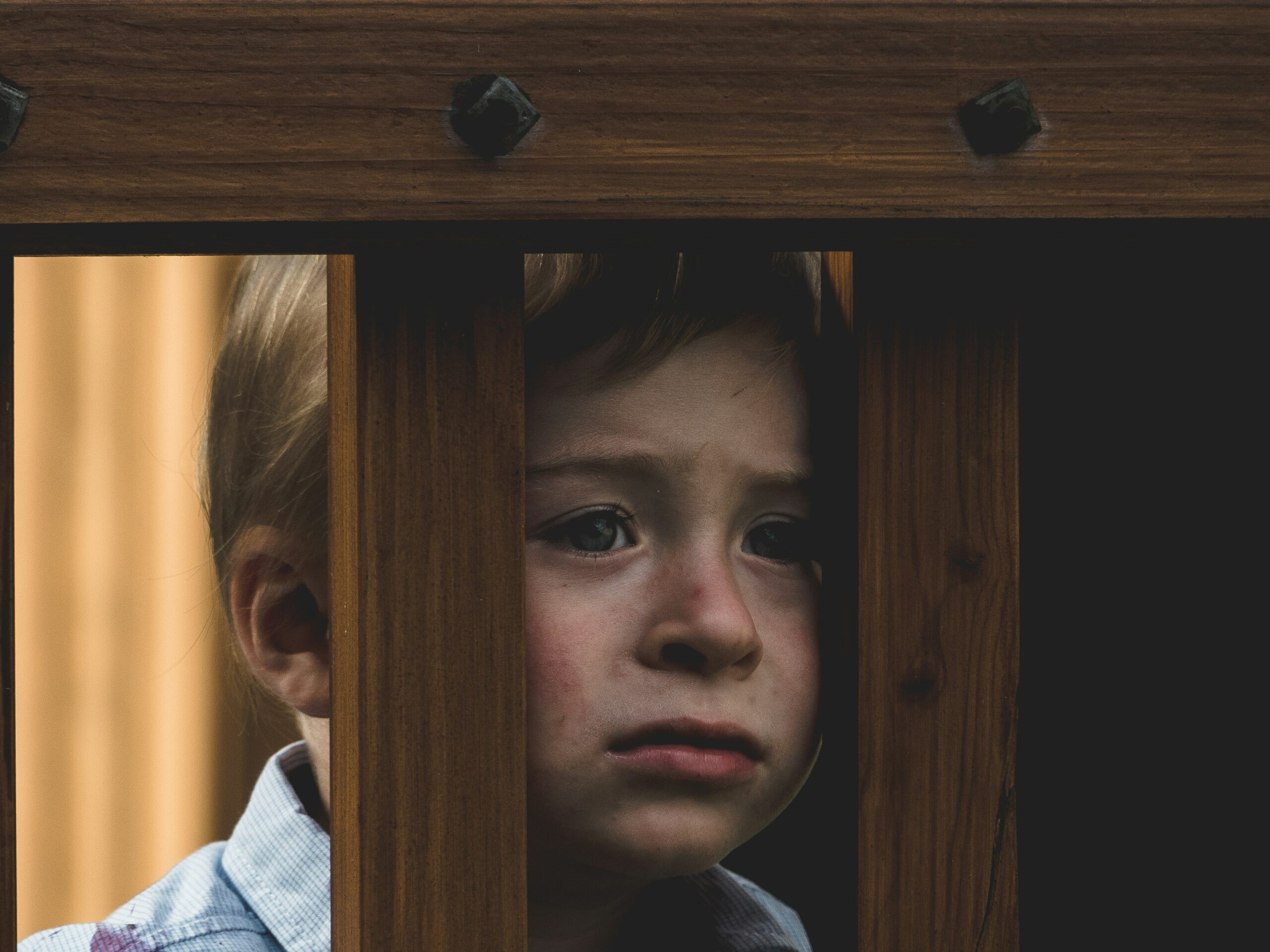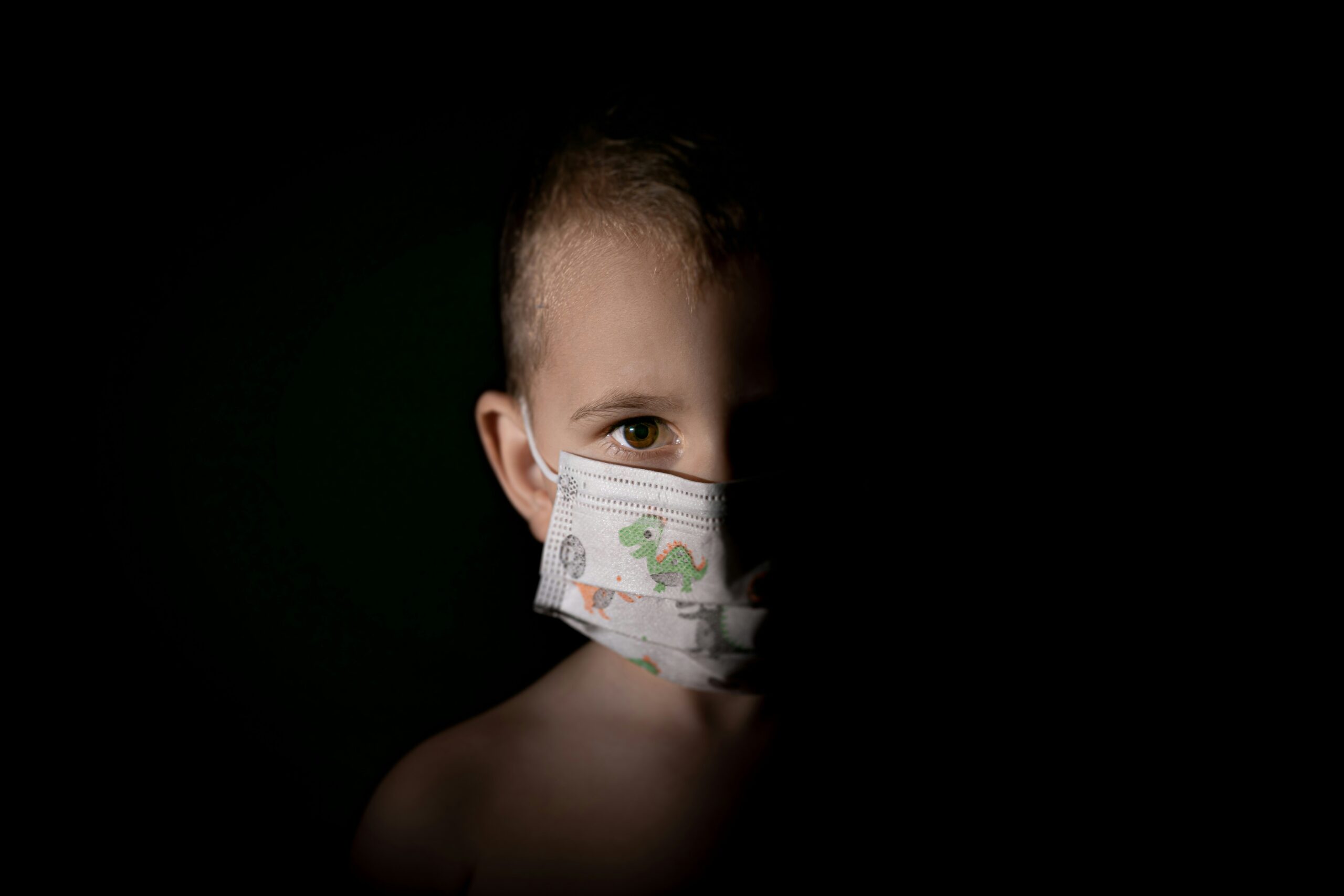How Does Bullying Affect Mental Health?
Bullying is a widespread issue that affects millions of people, especially children and young adults. Its impact goes beyond physical harm, often leading to significant mental health problems that can persist long after the bullying behavior ends. In this article, we’ll explore how bullying can affect mental health, the associated symptoms, and the long-term effects it can have on individuals. We will also discuss strategies for preventing bullying and mitigating its effects.
=
The Effects of Bullying on Mental Health
Bullying can manifest in many forms, including physical bullying, verbal abuse, and cyberbullying. Regardless of the type, it can have serious mental health effects. Bullying behavior creates a power imbalance, leaving the victim feeling helpless and vulnerable. This dynamic can cause a range of mental health issues, from increased anxiety to depression and even suicidal ideation.
Bullying Can Lead to Depression and Anxiety
Research shows that individuals who experience bullying are at a greater risk of developing depression and anxiety. The constant fear of being targeted can cause emotional problems, such as increased anxiety, which may manifest as physical symptoms like headaches or stomachaches. Depression is another common consequence, as feelings of worthlessness and isolation take hold.
How Bullying Affects Self-Esteem
Low self-esteem is one of the most prominent effects of bullying. Bully victims often feel devalued, which leads to poor mental health and decreased self-confidence. Young people, especially those in school, are at an increased risk of suffering from self-esteem issues due to name-calling, spreading rumors, or being physically harmed. Over time, the repeated attacks on their self-worth can cause them to withdraw from social situations and avoid school, which negatively impacts their academic performance.
Bullying and Academic Performance
School bullying can directly affect a young person’s academic performance. Children who experience bullying may avoid school to escape their tormentors, which can result in lower grades and a decline in their overall academic success. This issue can further exacerbate their mental health problems, creating a cycle of poor performance and emotional distress.

Long-Term Mental Health Effects of Bullying
The long-term mental health effects of bullying can be devastating. Many individuals continue to experience mental health symptoms years after the bullying has stopped. For example, young adults who were bullied as children may have lingering issues with self-esteem, anxiety, and depression. These mental health problems can lead to further complications, such as substance abuse and suicidal thoughts.
Suicidal Ideation and Self-Harm
In severe cases, bullying can result in suicidal ideation and self-harm. Bullying victims often feel like there is no escape from their torment, which can lead to thoughts of self-harm or suicide. The connection between bullying and suicidal ideation is well-documented, particularly among young people who have experienced cyberbullying. It’s critical that schools and communities take steps to prevent bullying and address its impact on mental health to reduce the immediate risk of self-harm or suicide.
Bullying Prevention Strategies
Addressing bullying and its effects on mental health requires a multifaceted approach. Bullying prevention programs in schools and communities are essential to reducing the prevalence of bullying and its long-term consequences. These programs teach students about the importance of respect, empathy, and kindness, while also providing practical tools for preventing bullying.
The Role of Mental Health Professionals
Mental health professionals play a crucial role in helping individuals who have experienced bullying. Whether it’s counseling for bullying victims or providing support to bullies, these professionals help manage the emotional and mental health symptoms associated with bullying. By working with a mental health professional, individuals can rebuild their self-esteem, develop coping mechanisms, and address any underlying mental health issues.
Children’s Mental Health and Bullying
Children’s mental health is particularly vulnerable to the effects of bullying. Young children are still developing their sense of self and learning how to navigate social situations. When they experience bullying, it can disrupt their emotional development and lead to lifelong mental health problems. It’s essential for parents, teachers, and mental health professionals to intervene early and provide the necessary support to bullied children.
Recognizing the Warning Signs
Recognizing the warning signs of bullying is key to preventing further harm. Some common signs that a child may be experiencing bullying include physical symptoms, such as headaches or stomachaches, changes in behavior, or a sudden drop in academic performance. Trusted adults, like teachers or family members, should be vigilant for these warning signs and intervene before the bullying leads to more severe mental health issues.
The Impact of Bullying on Physical Health
In addition to its mental health effects, bullying can also affect physical health. Bully victims often experience physical injury, either from physical bullying or from the stress-related physical symptoms that accompany poor mental health. Chronic headaches, stomachaches, and fatigue are all common physical symptoms associated with bullying, and these can further contribute to the victim’s mental health problems.
Bullying and Social Isolation
Social isolation is another significant effect of bullying. Many individuals who experience bullying withdraw from social situations to avoid further harm. This isolation can lead to emotional health problems and exacerbate existing mental health symptoms, such as depression or anxiety. Preventing bullying and addressing its effects on mental health requires creating inclusive environments where everyone feels safe and supported.
Bullying and Sexual Orientation
Bullying based on sexual orientation is another widespread issue that disproportionately affects LGBTQ+ individuals. These young people face higher rates of bullying, which can result in significant mental and emotional health issues. Schools and communities must implement bullying prevention strategies that specifically address the unique challenges faced by LGBTQ+ individuals to ensure their safety and well-being.
The Role of Schools in Preventing Bullying
Many schools have implemented bullying prevention programs to combat the effects of bullying on students’ mental health. These programs are designed to foster a supportive and respectful environment while teaching students how to recognize and report bullying behavior. Schools also provide resources for students who have been affected by bullying, including access to mental health professionals and support groups.

Conclusion
Bullying can have serious and long-lasting effects on mental health. From depression and anxiety to suicidal ideation, the mental health effects of bullying can be devastating. It’s crucial for schools, parents, and mental health professionals to work together to prevent bullying and address its impact on mental and emotional health. Through bullying prevention strategies, mental health support, and creating a culture of kindness and respect, we can reduce the harmful effects of bullying and promote better mental health outcomes for all.
Visit SAMHSA for more information on bullying or fill out our form here.









